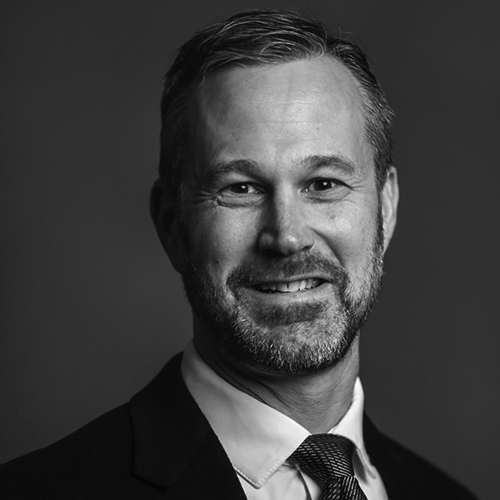
Craig Primack, MD, FACP, FAAP. FOMA, Dipl. ABOM
President, Obesity Medicine Association
America has a weight problem. According to the Centers for Disease Control, nearly 40 percent of adults currently live with obesity. The incidence rate in our youngest patients may be lower, but is alarming nonetheless: 18.5 percent of children and adolescents live with obesity. If you happen to be one of the hundreds of millions of Americans struggling with obesity, you may be overlooking an important resource in your journey to better health —your doctor.
A disease that demands a dialogue
Obesity is a serious, chronic, and treatable disease. And while most people living with obesity correctly identify it as a disease, the vast majority consider weight loss to be entirely their own responsibility.
People with conditions like heart disease or cancer aren’t expected to figure out a course of treatment alone — and neither should people with obesity. By carrying the burden of weight management themselves, people living with obesity are missing out on the life-changing benefits of having an ongoing dialogue with their doctor about treatment options.
Having these conversations gives your physician the opportunity to: understand which weight loss methods have and haven’t worked for you; develop a treatment plan that you both can agree upon; and, start a long-term follow-up program.
The problem with “eat less, move more”
When it comes to what works for weight management, there is a lot of misinformation out there — and not just from dubious internet articles and clickbait advertisements. Many physicians lack the specialized training to create effective weight management plans based on current, medically sound evidence, and instead rely on a simple “calories in, calories out” model.
Fortunately, our understanding of obesity as a metabolic condition has grown tremendously over the past decade. We know that bodies with obesity are wired differently from their average counterparts, and we have a deeper understanding of the genetic factors underlying some people’s predisposition to obesity. We’ve connected the dots between sleep and weight gain, and we have access to a range of effective treatment options that go beyond simply eating less and moving more.
Obesity medicine: an emerging specialty
If you struggle with talking to your physician about weight management or finding a treatment plan that works for you, it may be time to visit an obesity medicine specialist.
In the same way that someone struggling with knee pain would be well-advised to see an orthopedic surgeon or a recent heart attack would send a patient directly to a cardiologist, people with obesity also can benefit from specialized care.
Unlike primary care doctors and other healthcare professionals, obesity specialists are certified by the American Board of Obesity Medicine. They are experts in the complexities of the disease and understand how it can present differently in different people. They know the latest, scientifically proven treatment options, and they customize weight management programs based on individual patient needs. For many people living with obesity, seeing a specialist can be a life-changing and life-saving intervention. To find a specialist in your area, visit the Obesity Medicine Association’s website today.
Certainly, there are no clear-cut answers to solving America’s weight problem. But our growing knowledge of obesity’s various manifestations, complications and treatment options is a powerful reminder of why it’s so important for patients and physicians to spark productive dialogues and seek out the expertise of obesity specialists.

